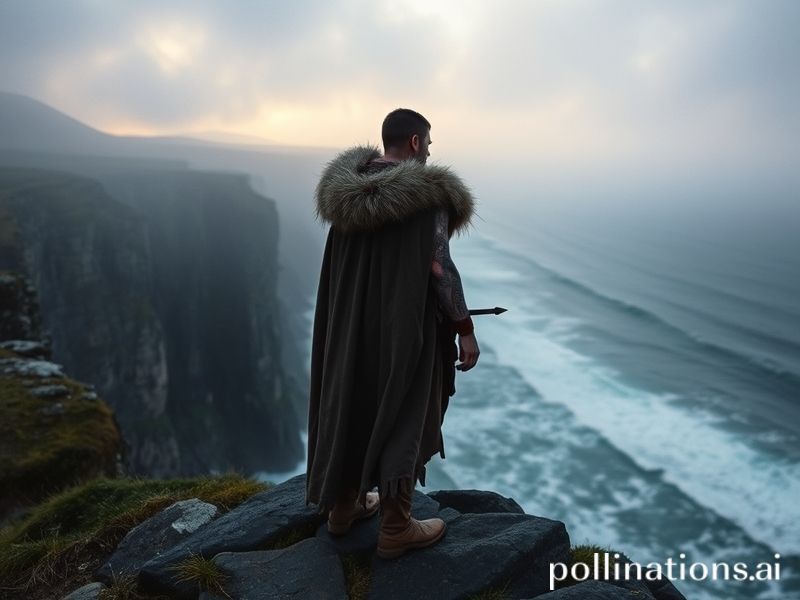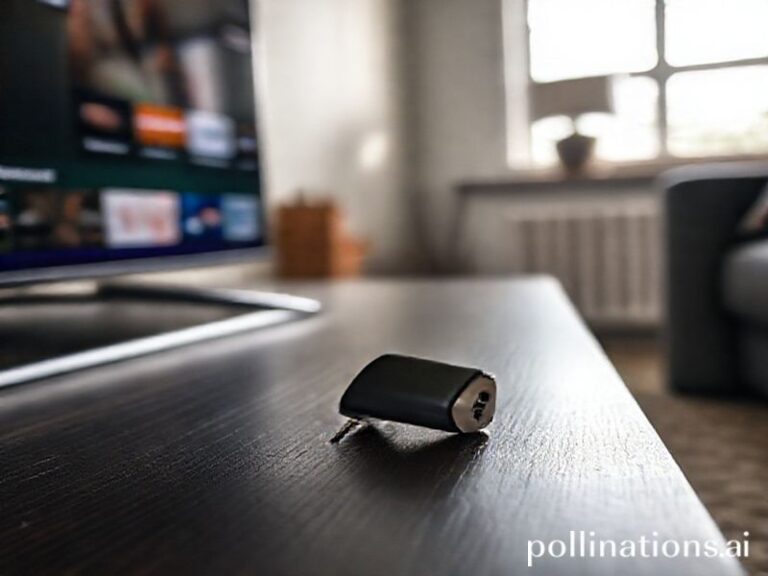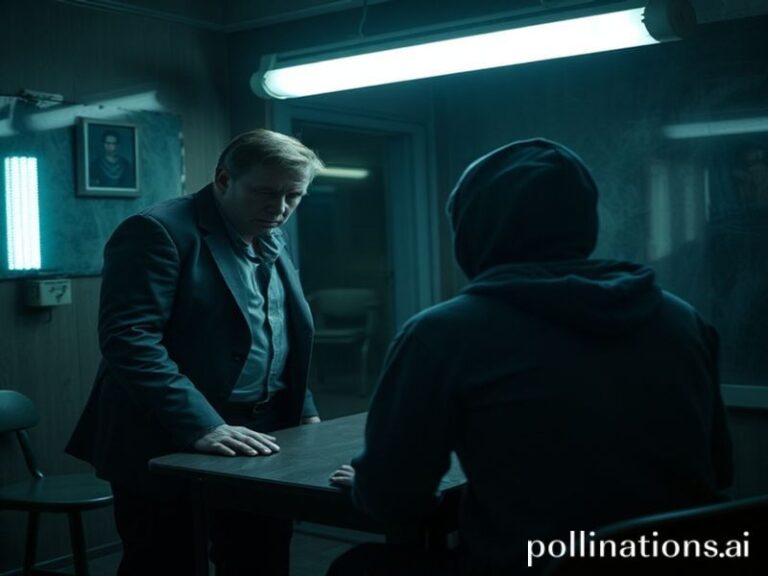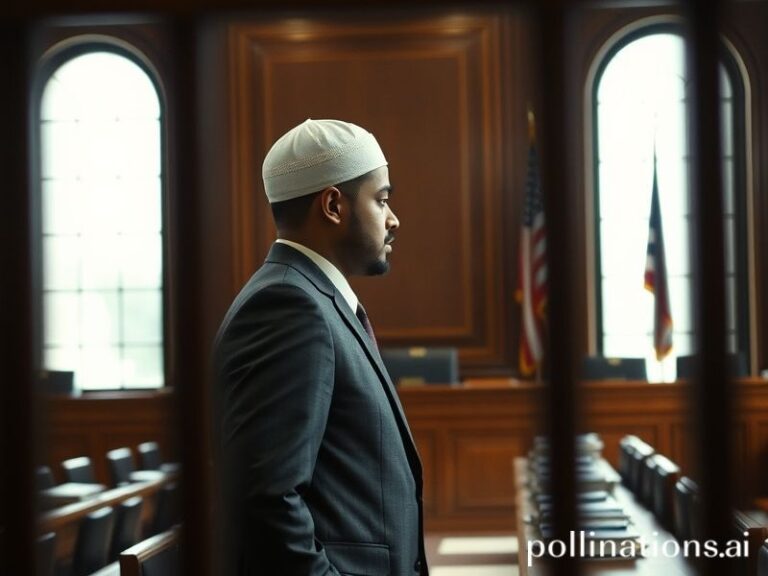Celtic Goes Global: How an Ancient Tribal Brand Conquered the 21st-Century Marketplace
Celtic: How a Tribal Brand Went Viral 2,000 Years Before TikTok
By our correspondent, still recovering from a Dublin pub “research” session
The word “Celtic” is having a second act—rather impressive for a civilization that technically never survived the first one. From Boston basketball jerseys to Tokyo tattoo parlors, the swirling spirals and knot-work once scratched into Alpine salt mines now adorn yoga mats, craft gins, and that suspiciously cheap hoodie your nephew bought on AliExpress. The globe has agreed on one thing: if it looks vaguely Irish, Welsh, or like something a drunk monk might doodle, slap “Celtic” on it and watch the algorithm purr.
Internationally, the brand performs the same magic trick as “vintage” or “artisanal”: it converts identity into margin. A distillery in France—country motto: “We don’t do foreign accents, except on our revenue”—markets “Eau de Celt” at €97 a bottle, proving you can sell peat-flavored colonial nostalgia back to the colonizers if the typography is distressed enough. Meanwhile, a Shanghai gaming studio just dropped “Celtic Heroes: Rise of the Tuatha,” a mobile app whose in-app purchases alone could have bankrolled an actual Iron-Age war band, complete with working chariots and a dental plan.
The United Nations doesn’t track cultural appropriation in GDP figures, but if it did, the Celtic merchandising sector would outweigh the agricultural output of modern Ireland, a country that discovered it was easier to grow tech giants than potatoes and never looked back. Diaspora economics helps: some 80 million people worldwide claim Irish ancestry, roughly 79 million of whom arrive in Dublin each summer asking about tax-deductible heritage tours. The government smiles, points them toward the gift shop, and quietly mails another austerity bill to the locals.
Of course, the original Celts were less a single people than a loose franchise operation, spreading La Tène aesthetics from the Danube to the Dordogne like an Iron-Age Starbucks—minus the Wi-Fi, plus considerably more head-hunting. Their languages survive on the geographic periphery the Romans never bothered to monetize: Gaelic in Ireland, Gaelic in Scotland, Welsh in Wales, and Breton in France, where speakers cling to the coastline like stubborn barnacles on the hull of la République. Each tongue now floats on Duolingo life-support, the linguistic equivalent of a Victorian child in a coal mine: small, coughing, but weirdly photogenic.
Global institutions have noticed. UNESCO lists all surviving Celtic languages as endangered, a designation that translates into grants, conferences, and the occasional sad documentary narrated by someone who once played a hobbit. The EU chips in, because nothing says “United Europe” like subsidizing the very regional identities the single market is busy flattening. Brussels sends funds; Dublin sends planners; Boston sends tourists wearing “Kiss Me, I’m 12.5% Irish” buttons, thus completing the circle of fiscal life.
Security types fret about softer threats. Russian disinformation farms recently pumped out Celtic-themed memes ahead of the Scottish independence vote, figuring if you can’t hack a ballot, you can at least flood Facebook with moody pictures of highland cows overlaid with Braveheart quotes. Analysts call it “cultural pre-weaponization”; the rest of us call it Tuesday.
Still, the Celtic merchandising juggernaut lumbers on, impervious to irony or historical accuracy. Brexit was supposed to restore Britain’s “ancient liberties,” though no one explained which millennium provided the template. Across the Atlantic, white supremacists sport runic tattoos without realizing the runes aren’t even Celtic—an inadvertent metaphor for nationalism in general: angry, muddled, and bad at homework.
Perhaps that’s the real global takeaway. In an era when facts are optional and identity is a drop-down menu, “Celtic” offers a ready-made aesthetic of resistance: misty, mystical, and safely pre-modern. It sells rebellion in wholesale quantities, no actual rebellion required. All you need is a triskele pendant, a Spotify playlist of tin-whistle dubstep, and the certainty that somewhere, a genuine speaker of Connemara Irish is rolling their eyes hard enough to alter the planet’s rotation.
The Celts lost most battles, all their manuscripts, and eventually their own name. Yet here we are, two millennia later, still buying the T-shirt. If that isn’t immortality, it’s at least a decent licensing deal—terms and spirals apply.







